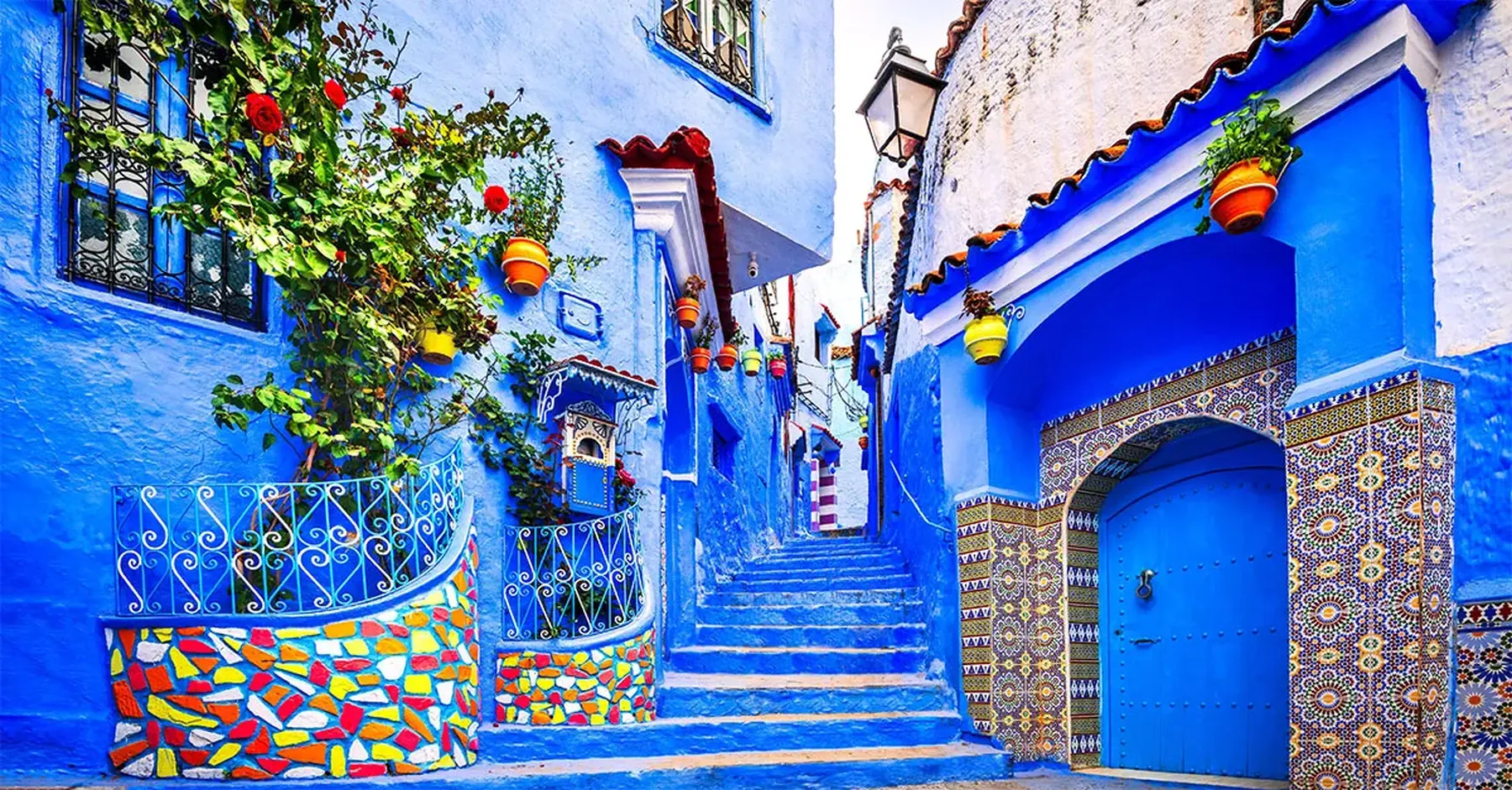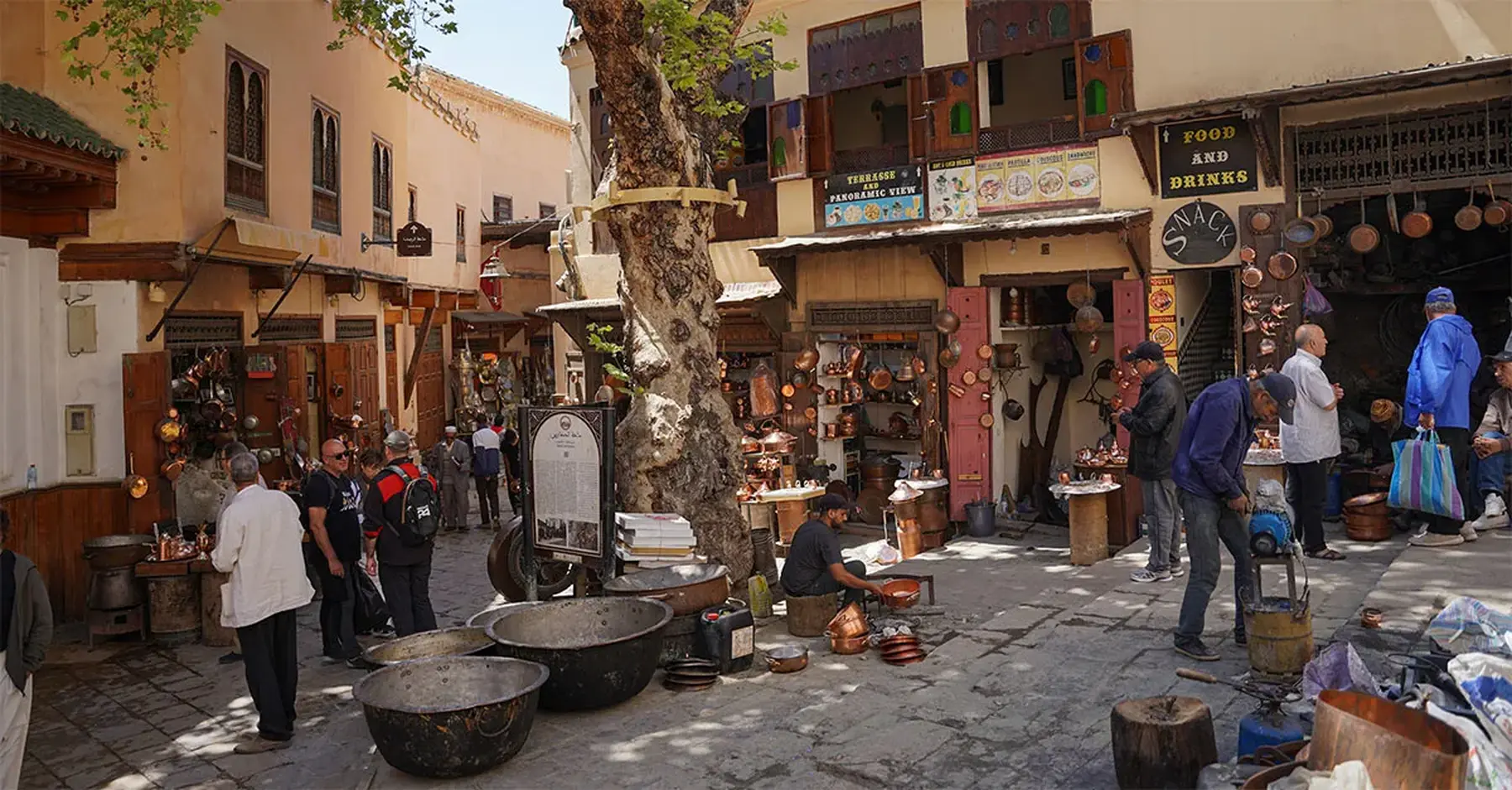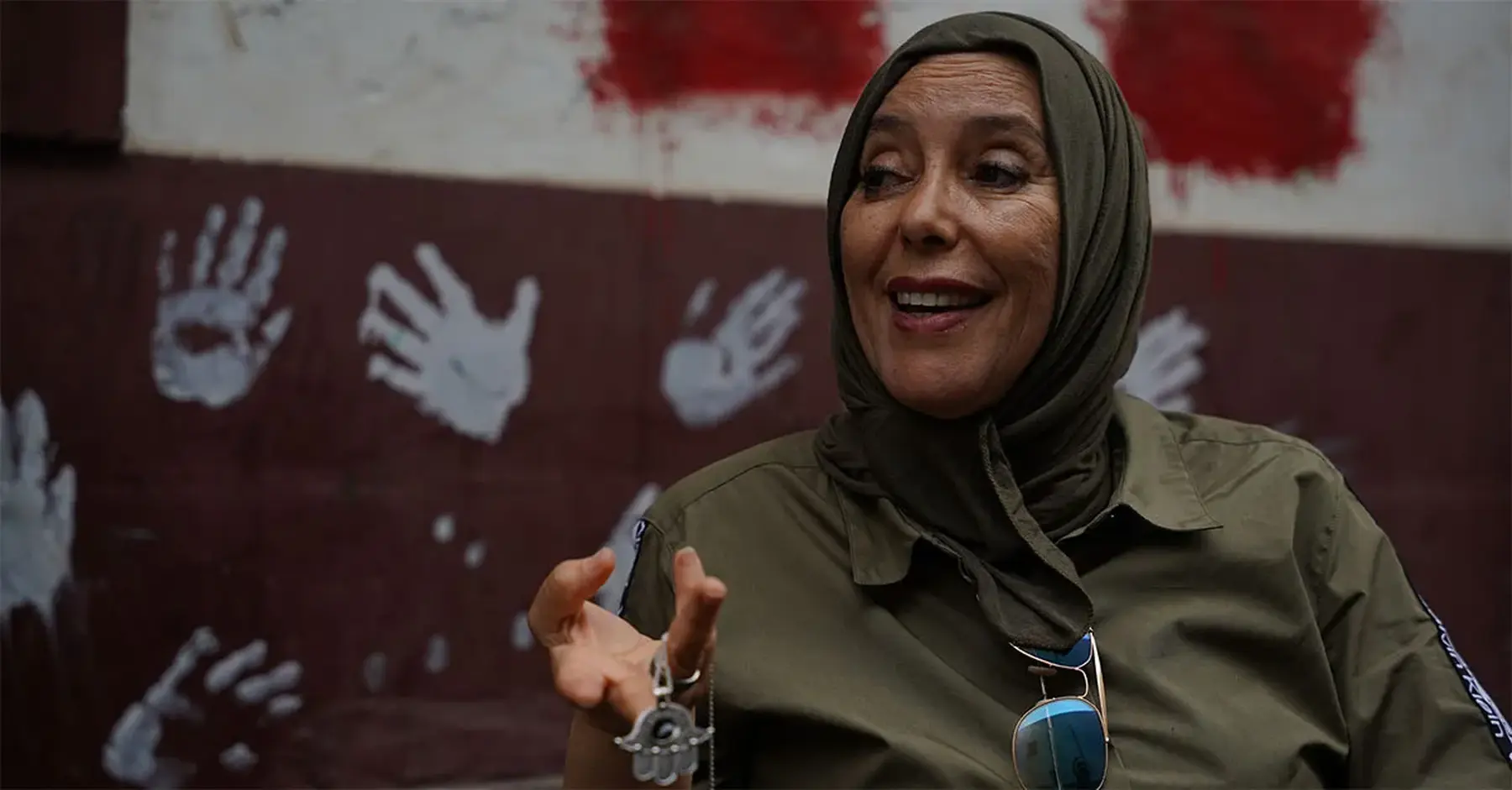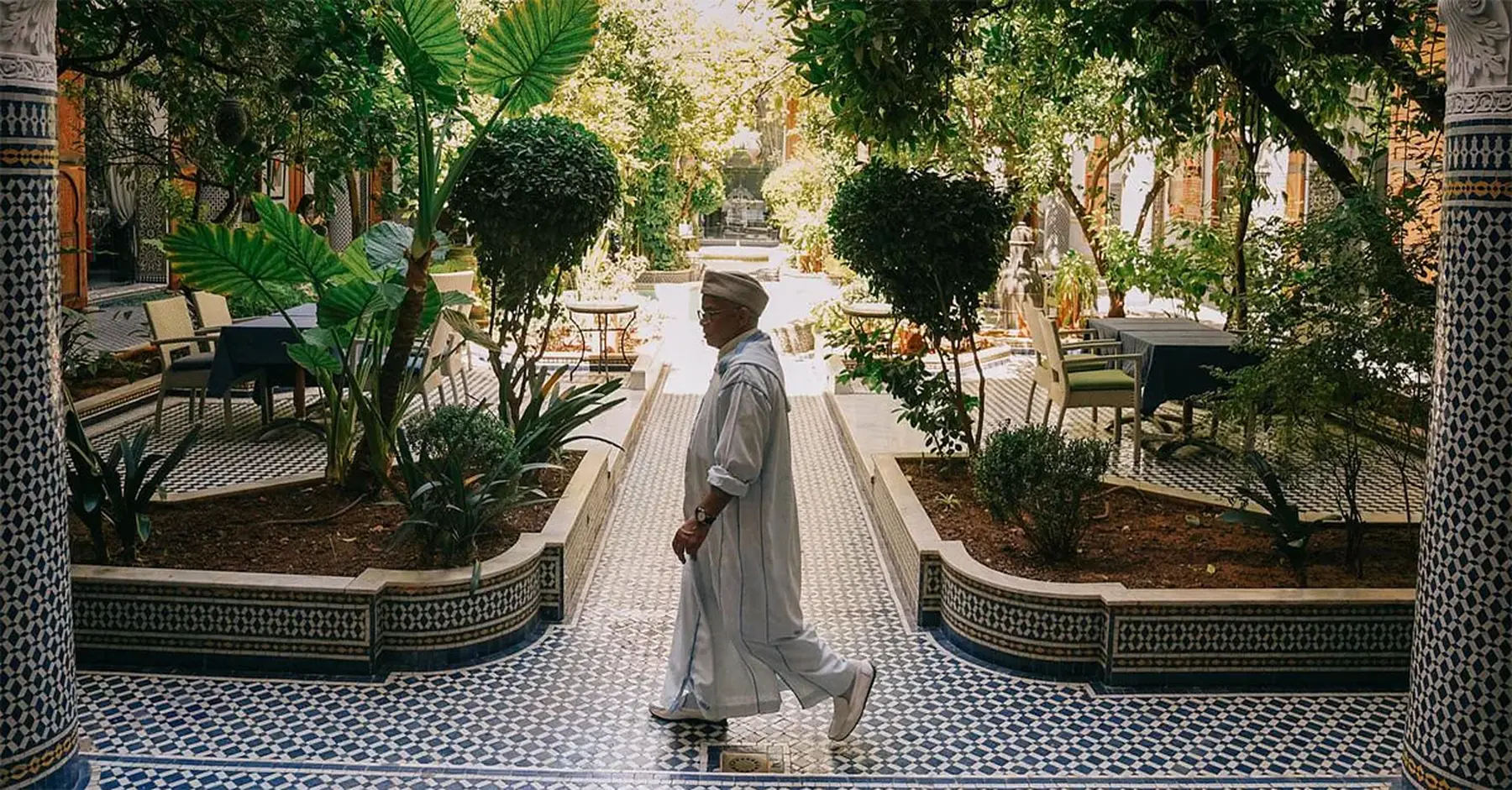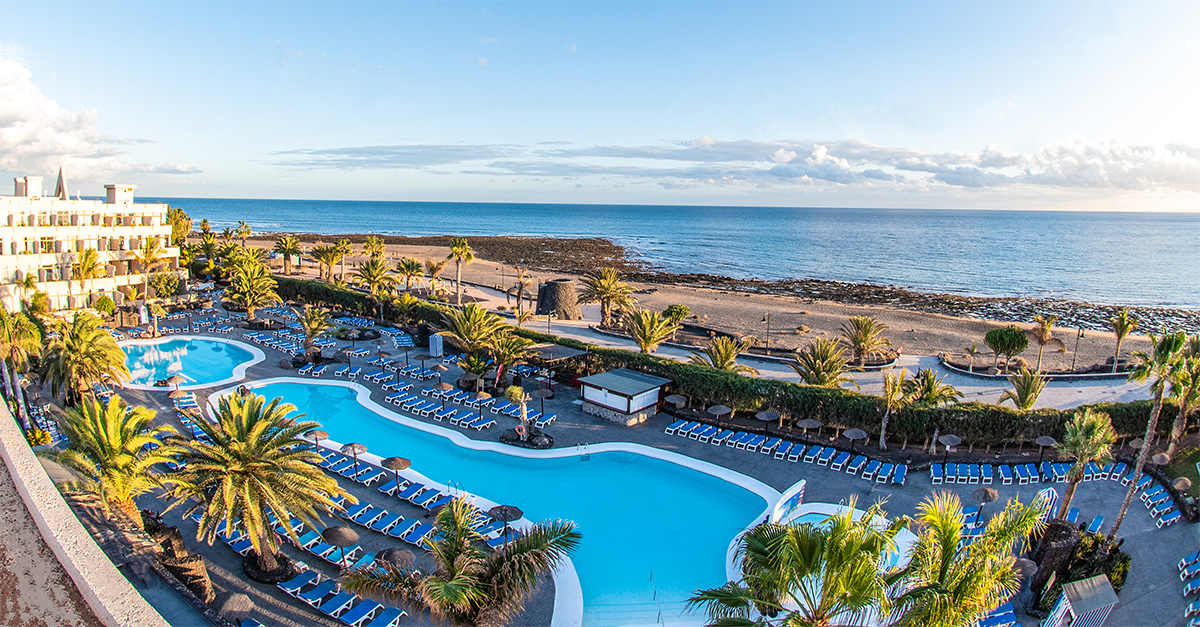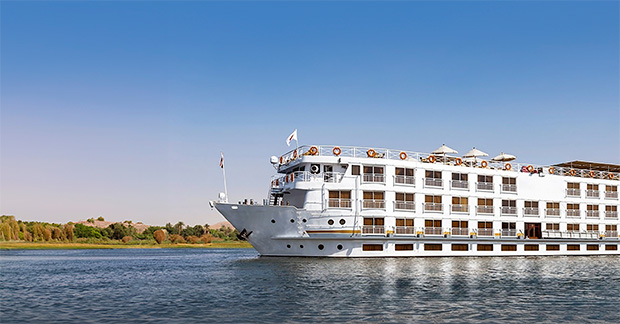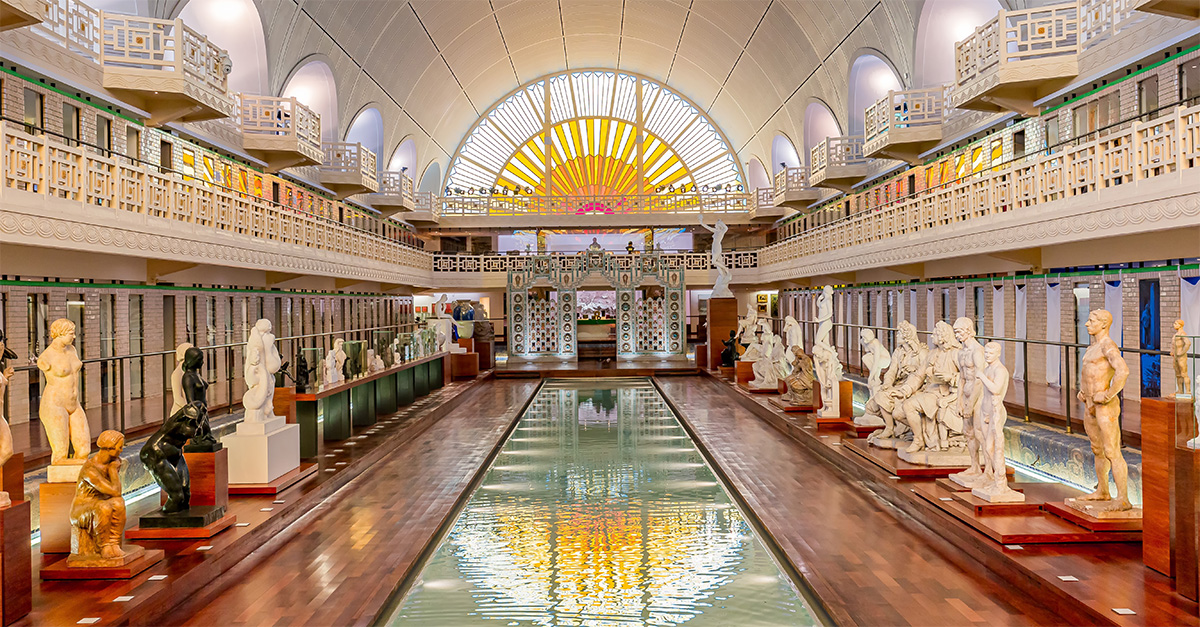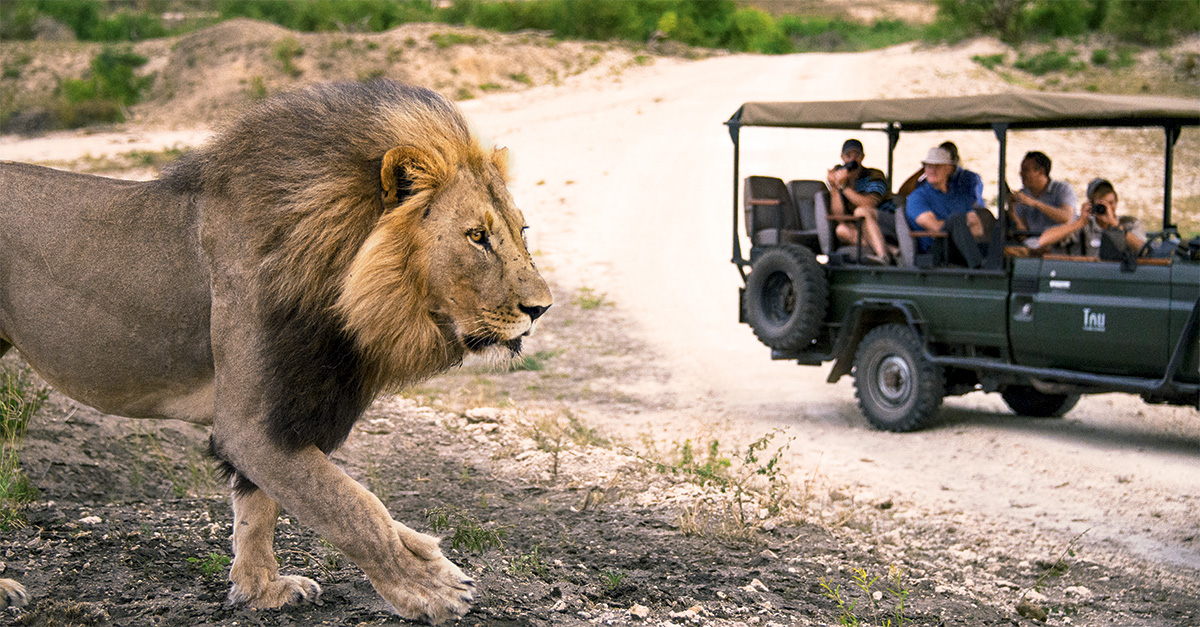You are viewing 1 of your 2 free articles
Discover the LGBTQ+ side of Morocco
How a new LGBTQ-led company is opening up inclusive travel in Morocco
Click here to download and save as a PDF
"We believe in actions that echo through the valleys of Morocco, creating lasting positive change for both people and the planet,” says Bilal El Hammoumy, co-founder of Inclusive Morocco.
The DMC, set up in 2020 in Tangier, lays claim to being the first LGBTQ-led luxury travel company based in Morocco, aiming to combine unusual and immersive itineraries with a goal “to advocate for a more inclusive world where undermined communities are given a chance to engage, learn and earn”.
My journey north – through Casablanca, Fez, Rabat and Tangier – was a trip that would reveal the stories of the people who live here, along with the artisans and enterprising women effecting change.
It is still difficult for women in Morocco to find work, with only around one in five women currently employed. Our driver, Nisrine Zalagh, left her office job seven years ago and was overjoyed to find a company that would employ her. “Travelling has always been a passion, but being a female driver helped me discover areas that I probably would not have thought of visiting,” she says.
LGBTQ+ friendly cities in Morocco
The Medina in Fez. Image credit: Mohammed Ghbouchi/Inclusive Morocco
Our first destination was Casablanca, which, aside from the legendary Rick’s Cafe, is often overlooked. It was once a small fishing village but is now Morocco’s largest city, with architectural styles that reference Portuguese and French influences. It’s home to the Royal Mansour Casablanca, a luxurious 149-room offshoot of its more famous Marrakech sister, which opened in April 2024.
From here, we travelled on to Fez, via Rabat and the Unesco-listed Roman ruins in Volubilis. The medina in Fez is far less crowded than its counterpart in Marrakech, and remains focused on industry and Chefchaouen craftsmanship, with copper pots beaten in the sun and indigo dyers dipping jeans and shirts to restore them to vibrant shades of blue.
There, we visited the women of the Anou Cooperative, a collective of more than 600 artisans from across Morocco. Through Anou, and thanks to the implementation of fair-trade practices, their margins are increased to substantially more than the typical 4% they earn from a market stall purchase.
Best LGBTQ+ destinations in Morocco
Inclusive Morocco tour guide Naima Boussaid. Image credit: Mohammed Ghbouchi/Inclusive Morocco
If denim dip-dyeing in Fez offered a splash of colour, it was nothing compared to Chefchaouen, the enchanting blue city where our female guide led us to the main square of Place Outa el Hammam and the red-walled kasbah, a 15th-century fortress and dungeon.
Sprawling across the foothills of the Rif Mountains, the town was occupied by the Spanish in 1920 and reportedly gained its blue hue thanks to Jewish refugees escaping war-torn Europe, who believed that sky and city merging together would feel closer to heaven.
From there it was on to Tangier, at Morocco’s northern tip, for a day exploring the private houses and gardens of celebrated interior decorators and designers, thanks to the Inclusive Morocco founders’ ‘little black book’ of contacts.
The visual feast continued into the evening as we dined in an intricately painted garden pavilion in the grounds of Villa Mabrouka, the 12-room boutique hotel resurrected by British designer Jasper Conran. This 1930s house was once the home of Yves Saint Laurent and partner Pierre Bergé, with a magical garden and even more magical views over the tips of palm trees to the Strait of Gibraltar.
Tours of Morocco for LGBTQ+ travellers
This journey through northern Morocco was as enriching as it was enlightening, introducing artisans, rug-makers, weavers and local people passionate about showcasing their culture by welcoming us into their homes for sugary mint tea and sweet pastries, kaab el ghazal.
Trips are not solely aimed at LGBTQ+ clients, but in a country where same-sex relations remain illegal, Inclusive Morocco was founded to create a space where LGBTQ+ travellers could also explore Morocco without fear of discrimination or harassment.
This includes working with LGBTQ-friendly accommodation and guides, as well as actively promoting diversity in their hiring practices to reflect the range of the communities they serve.
The company has links with non-profit organisations including Association Darna, which works with women and girls in Tangier and its surroundings; the High Atlas Foundation, which helps underserved populations including agricultural workers; and Kif Kif, which advocates for LGBTQ+ rights.
Queer life in Morocco differs according to the area, with some cities such as Marrakech, Casablanca, Agadir and Tangier offering a more liberal feel and a vibrant LGBTQ+ community.
However, clients should be fully aware of the country’s culture and restrictions before they travel and ensure they are comfortable abiding by local laws – the Foreign Office advises LGBTQ+ travellers to avoid showing affection in public.
Making travel in Morocco more inclusive is a bold ambition, but I can think of no other trip I’ve been on where these values were so fundamentally apparent, opening up a richer experience of the country for every client – not just those from the LGBTQ+ community.
The Palais Amani luxury riad in Fez. Image credit: Mohammed Ghbouchi/Inclusive Morocco
Book it
Inclusive Morocco offers a Northern Morocco tour, including one night at Royal Mansour Casablanca, two nights at Riad El Amine and two nights at Lalla Soulika in Tangier, from £1,535 per person based on two sharing, including breakfast, guided tours and all transfers.
inclusivemorocco.com
Flights from London to Casablanca and returning from Tangier, with Royal Air Maroc and Air Arabia respectively, start from £185. Flight-inclusive packages featuring Inclusive Morocco tours will be available on a commissionable basis via LGBTQ-focused Destination Rainbow from later this year.
destinationrainbow.com
Where to eat in Morocco
Domaine de la Zouina: Enjoy lunch and a tasting at this winery, in beautiful landscapes near Meknes.
Palais Amani: Set in the heart of Fez’s Medina, this luxury hotel features a restaurant terrace with an exceptional view over the rooftops.
El Morocco Club: With superb interiors reminiscent of an American jazz club, this Tangier hideaway offers a fantastic menu featuring razat el kadi (traditional angel-hair pastry), oysters and pastilla (pie) with orange blossom.
Lead image credit: Shutterstock/ecstk22

